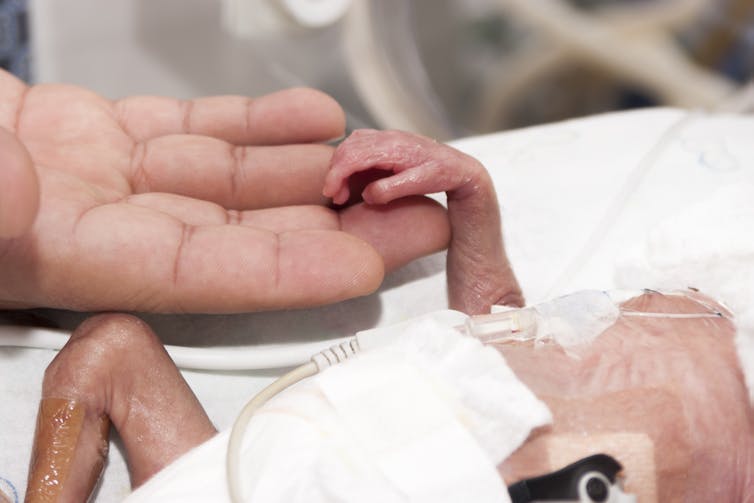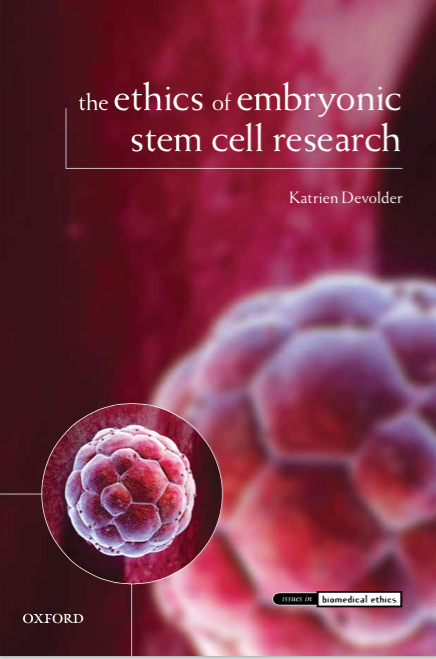Why Actions Matter: The Case for Fluid Moral Status
This article received an honourable mention in the graduate category of the 2023 National Oxford Uehiro Prize in Practical Ethics
Written by Lucy Simpson, Nottingham Trent University student
Throughout the catalogue of work produced by Jeff McMahan, he has discussed what constitutes a being’s moral status, and has advocated the theories of moral individualism and reflective equilibrium intuitionism.[1] It is not my intention in this paper to dispute these positions. Instead, I argue that if we accept McMahan’s position, then logically, we must accept that a being’s moral character is a morally relevant property which we ought to consider when determining their moral status. As I will explain, this therefore means that moral status is not static; it is fluid. Further to this, in the latter stages of this paper, I consider that if we do accept that moral status is action dependant, then there might be negative moral status. On the topic of negative moral status, I do not aim to give any in-depth arguments either for or against its existence, but rather just flag this as a potential avenue for further exploration if we do indeed follow McMahan’s theories of intuitionism and moral individualism.Read More »Why Actions Matter: The Case for Fluid Moral Status


